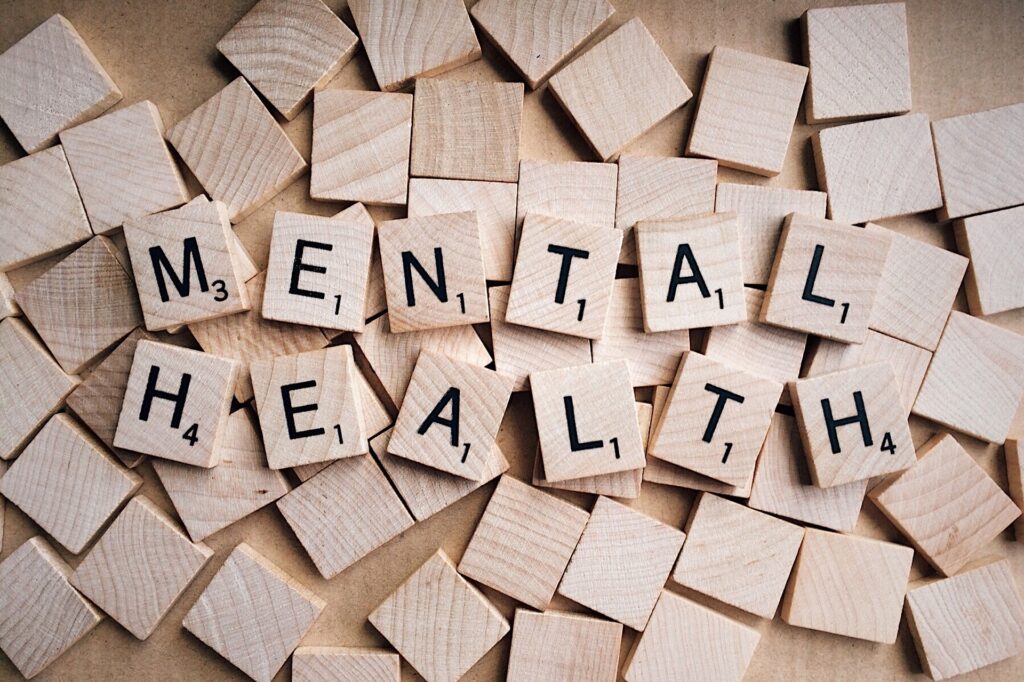September is National Suicide Prevention Awareness Month, a time when organizations and individuals work to bring awareness to suicide for those at risk, their caregivers, communities, and those who work directly with vulnerable, at risk populations. The statistics around suicide in children and youth are staggering. According to the American Academy of Child and Adolescent Psychiatry, suicide is the 2nd leading cause of death for young people aged 5-25. Suicidal thoughts can affect anyone regardless of age, gender or background.
Much of what is happening in the world right now surrounding the COVID-19 pandemic could trigger mental health issues or suicidal thoughts for children. Isolation, fear, uncertainty of the future, a change in routine (like remote learning), and parents under financial stress or job loss, are all reasons why our children may begin to experience sadness, depression, anger, and in some cases, suicidal thoughts.
“Teenagers in particular go through a load of complex emotions on a day-by-day basis due to school pressure, friends, extracurricular activities, and desire for more independence,” says `Dr. Lisa Pion-Berlin, ACHT, ACSW and President and CEO at Parents Anonymous®, “When we top off their struggles with a global pandemic, they have a whole new set of challenges to conquer. Through honest conversation with our youth, and by providing kids who need it with help, we can prevent suicides and save lives.”
A few of the common warning signs to look for:
- Making suicidal statements
- Being preoccupied with death in conversation, writing, or drawing
- Withdrawing from friends and family
- Having aggressive or hostile behavior
- Running away from home
- A change in personality (such as from upbeat to quiet)
At Parents Anonymous®, we believe it is crucial to tune into your child’s mood. Pay close attention to their temperament and style of communication. When parents ask their kids directly, “How are you?” they may just respond with, “I’m fine,” when deep down they are not. It’s important to model how to share feelings and acknowledge that these are uncertain and challenging times. Sorting out the more persistent or serious issues of stress, frustration, anxiety or deep sadness is the key.
Here are ways parents and/or caregivers can help children and youth cope:
- Take time to talk about their feelings. Let kids scream into a pillow or just cry. Everyone is afraid right now and we must not resist emotions.
- Acknowledge and respect your child’s fear and losses. Allow your child to grieve about the loss of direct contact with friends, classmates, teachers, and loved ones.
- Help your kids stay connected with their friends or join a new group of those with similar interests.
- Meditate for 10 minutes a day as a family. The benefits of mediating together have mind boggling positive effects.
- Laugh out loud often. Even fake laughs impact our well-being. Make time for extra hugs too!
- Remind your child to breathe when they are feeling overwhelmed. Try to have fun and give them as much one-on-one attention as possible.
- Take advantage of the Parents Anonymous® California Parents & Youth Helpline (1-855-427-2736). Remind your children that Asking for Help is a Sign of Strength®!
- DON’T IGNORE: If you think your child is having serious thoughts of suicide, call the Parents Anonymous® Helpline ASAP and follow up on getting professional help.
Today the California Parent and Youth Helpline is the only statewide parent and youth helpline where you can talk one on one with a therapist for free. The California Parents & Youth Helpline operates 7 days a week from 8:00AM-8:00PM. Now you can Call, text, and chat in any language with a trained Helpline Advocate. You can JOIN AN ONLINE SUPPORT GROUP NOW: 855-427-2736 or email: info@CAParentYouthHelpline.org or visit https://caparentyouthhelpline.org/.
About Parents Anonymous®: Since 1969, Parents Anonymous® Inc. has created and disseminated internationally various Evidence-Based Programs and Initiatives that build on the strengths of diverse Parents, Children, and Youth. Parents Anonymous® is the only Evidence-Based Parent Partner Program as identified in the California Evidence-Based Clearinghouse. Also, Parents Anonymous® started and partners with thousands of entities to celebrate every February National Parent Leadership Month®. With the support of the U.S. Congress, the National Parent Helpline® began in 1974 as the first and only nationwide emotional support system for Parents, Caregivers, Children & Youth. The California Parent and Youth Helpline and online Parents Anonymous® Weekly Groups are the most recent addition to the Parents Anonymous® Programs. Learn more at: https://parentsanonymous.org/.
Connect Socially:
Facebook: https://www.facebook.com/ParentsAnonymousInc/
Twitter: https://twitter.com/ParentsAnon/
Instagram: https://www.instagram.com/parentsanon/
Also on Coast to Coast
-
Desert Harvest’s Newest Product: Providing Gentle Relief to the Body
-
A Cup A Day: Managing Diabetes One Beverage at a Time
-
Episode 27 of Coast to Coast: Checking out the Galleri Classic & Summer Travel Inspiration with Dalia Colón!
-
Coast to Coast Kicks Back at GBK Brand Bar’s Pre-Oscar Luxury Lounge
-
Coast to Coast Checks Out the Best of Sprouts with Nutritionist Cara Harbstreet
